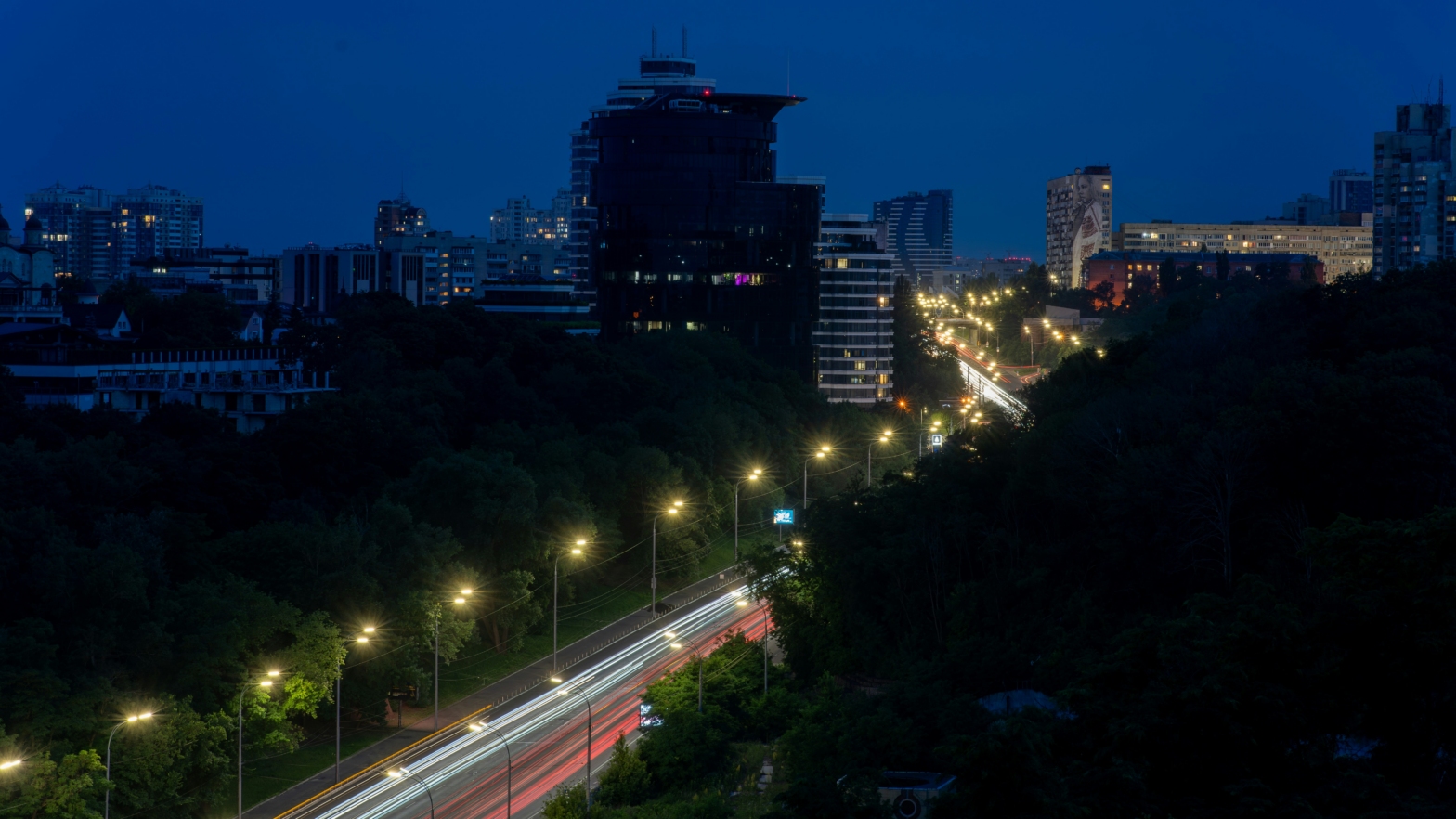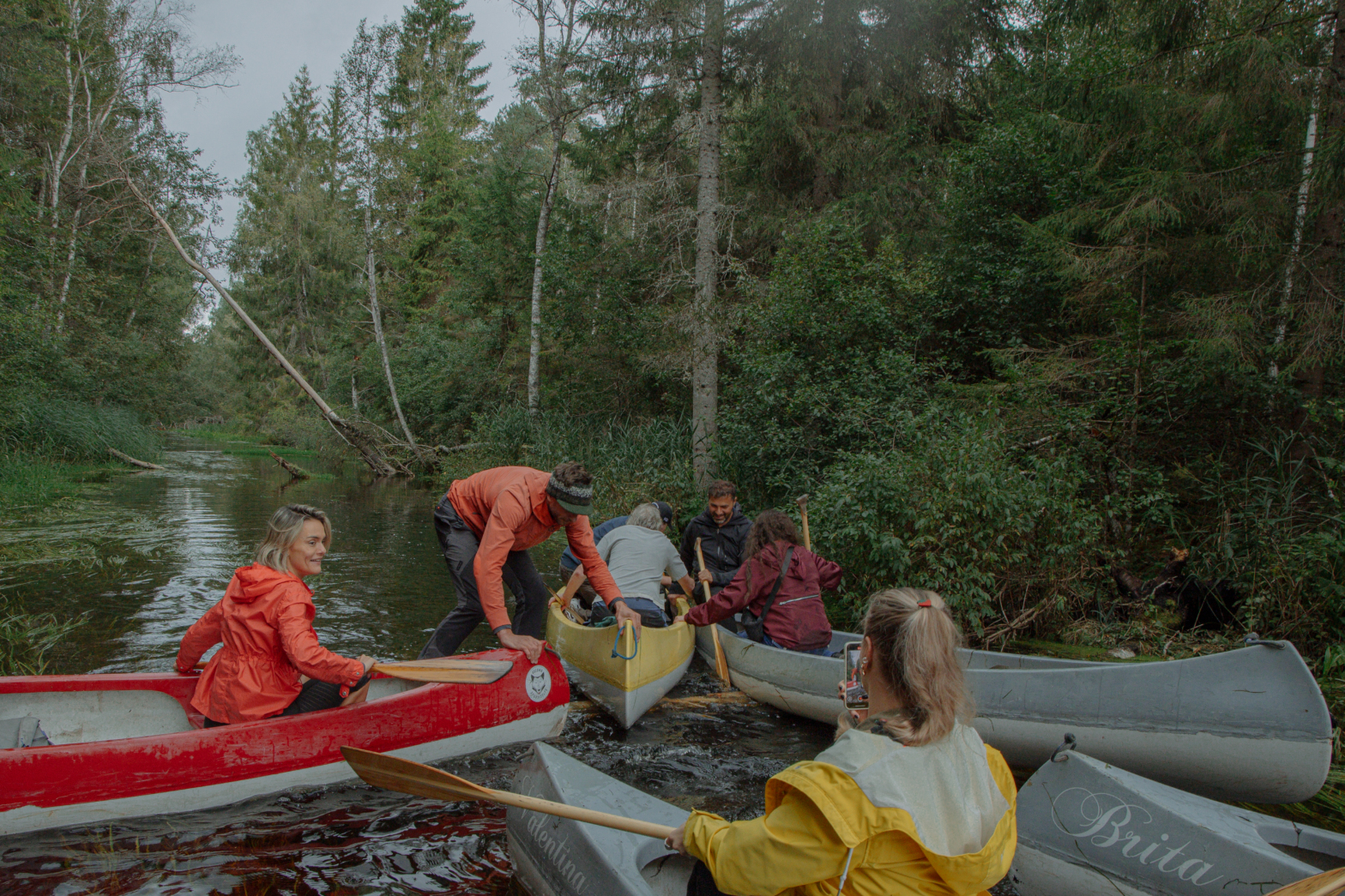Smart City Challenge 2023 has reached an important stage, with six proposals now chosen to the finals. These innovative ideas, selected through careful evaluation, all promise to enhance urban living.
With the support of dedicated researchers and piloting cities, we will validate the need for the solutions and potential future customer segments. Finalists will refine their solutions to address complex urban challenges, and full project proposals will be prepared by August 22.
Top ideas for pilot projects will be chosen by our international evaluation committee, consisting of 10 members: Ralf-Martin Soe, our founding director, alongside 3 academic evaluators, 3 investors, and 3 public sector representatives.
Three new pilot projects are scheduled to begin on Nov 1, 2024.
Get to know the exciting lineup of finalists!



